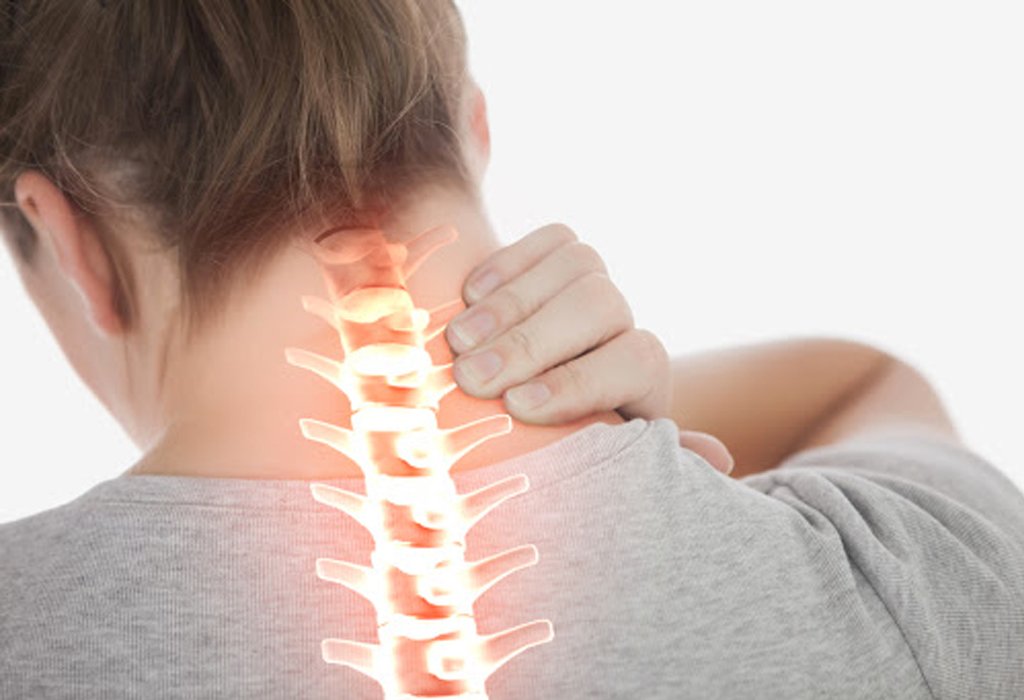Neck pain is equally as common as lower back pain. Often we have to ensure that pain is not emanating form a shoulder problem. Neck pain has become more prevalent due to ergonomic issues.
Most of the times the pain responds well to medications, activity modifications and physiotherapy.
In the past people who do not respond to conservative care were forced to live with the symptoms or consider major surgery. Currently plasma disc decompression , there is a minimally invasive alternative to major surgery that allows the patient to go home the same day as the procedure.
This is a X-ray/CT guided procedure which requires placement of a cannula into the disc before the decompression is done.
Why does my neck hurt?
- Neck pain can be pain in the middle of your neck or it be neck-related pain travelling down the nerve from your neck to a part of your arm or hand
- There may, rarely, be underlying conditions such as disc degeneration, arthritis and disc herniations.
Is it serious?
- Neck pain is very common and normally gets better over a few days or weeks.
- Pain may last for longer than a few weeks or it may come and go.
- Neck pain is rarely due to serious disease or damage.
What should I do now?
Stay active
- Your neck is designed for movement and the sooner you get it moving, the easier it is to avoid long term pain and stiffness
- Gradually build up your activity levels as your pain improves.
Work
- If you can, remain at work. If you cannot, try to return to work as soon as possible
Medicines
- Simple analgesia such as Panadol is usually enough. Taking this regularly early on can help you recover faster. Stronger medications could be available from your doctor if Panadol is insufficient. Taking medication will not mask any serious cause of your pain
Massage and compresses
- Hot or cold packs can provide some relief. A gentle massage can also help ease the spasms.
Should I see a specialist?
- Neck pain, in most cases, is self-limiting and recovers with the above measures. However, if you have repeated bouts of pain, or if you are worried, do see your specialist.
- It is important to see your doctor if you develop any unsteadiness when walking, any difficulty with finer movements of your hands such as buttoning clothes, handling chopsticks, keys, coins etc., severe pain that is worsening, you have a history of cancer elsewhere or if you feel unwell with fever, chills, rigors etc.
Do I need x-rays, scans or any blood tests?
- These are rarely useful in most patients with neck pain. Your doctor would be able to guide you if you are worried.
How do I avoid neck problems?
- Stop Smoking
- Maintain fitness with activities such as cycling, swimming, yoga and other core strengthening exercises (see picture)
- Observe the principles of ergonomics (see picture) at your workplace and in your home
- Avoid stress and try not to focus on your pain. Try exercises that can calm you down
Do remember
- Most neck pain is not dangerous and resolves itself
- Maintaining activity is unlikely to damage your spine
- Simple medications and activity is the only required treatment in most cases
Are there any exercises that I can do at home?
- Yes, there is a brochure demonstrating simple exercises for neck pain that you can safely and conveniently do by yourself at home








